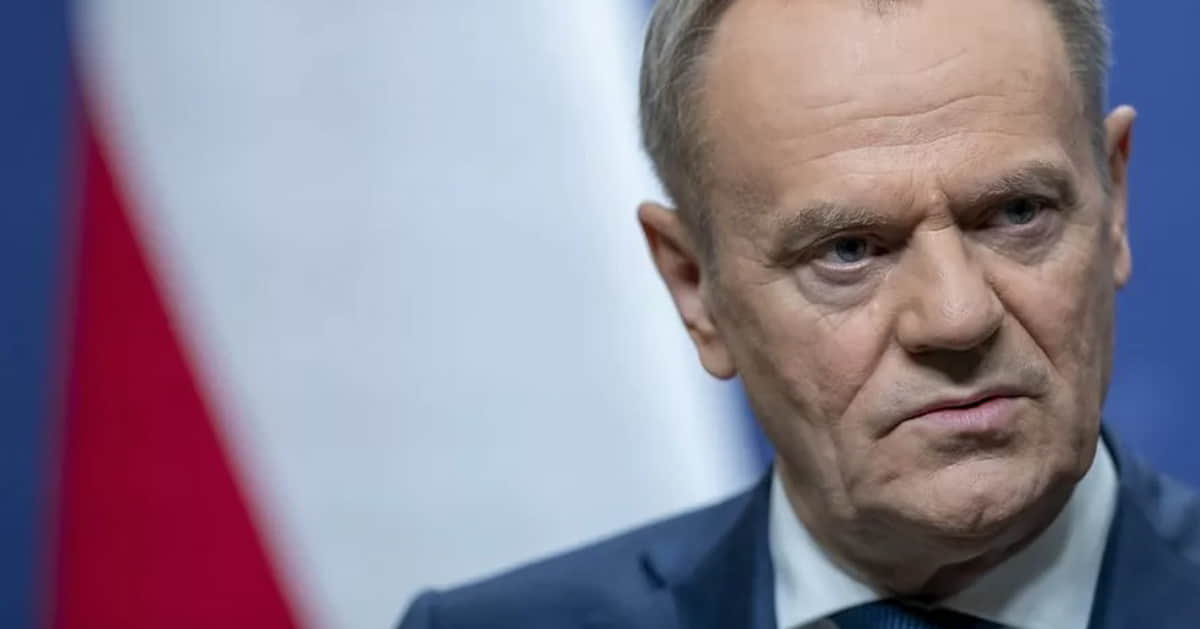How Poland's new government is losing support

Friday, 13 December marked exactly one year since the formation of Poland's current ruling coalition and the appointment of Donald Tusk as Prime Minister. The ruling coalition with the Civic Platform, Third Way and New Left, has begun losing voter support even before consolidating full power (i.e., securing the presidency) needed to implement reforms effectively. For the first time in a year, the opposition party Law and Justice (PiS) has regained the top spot in Polish public opinion polls.
With Poland's presidential election set for May 2025, an intense battle for the presidency is expected. Advertisement: Read more about the shift in Polish public sentiment and the potential risks for Ukraine and Europe in the article by Stanislav Zhelikhovsky, PhD in political science and international expert - Tusk is losing popularity: how new electoral dynamics could impact Poland and Ukraine.
One of the main factors behind the falling popularity of Prime Minister Donald Tusk's Civic Platform (CP) is economic challenges. The Tusk government has tried to explain that many of these problems are global, stemming from issues like the Russia-Ukraine war and the energy crisis. However, for the average citizen, such arguments often ring hollow unless accompanied by tangible improvements.
Additionally, issues such as migration policy play a role. Tusk has taken a softer, more liberal approach to the migration crisis, contrasting with the tougher stance of his conservative predecessors. The Tusk government has achieved certain successes.
These include reforming public media, the dismissal of PiS-affiliated leaders of state-owned companies, and the initiation of parliamentary investigative commissions to hold the previous government accountable for legal violations. The challenges faced by the government though often overshadow its achievements. This is particularly evident in the context of the approaching presidential elections, which are creating increasingly sensitive realities for the country.
Unsurprisingly, Jaroslaw Kaczynski's PiS has not been idle. Its political propaganda actively criticises the current government, exploiting any shortcomings or mistakes to undermine public trust. Emotional rhetoric continues to energise its conservative voter base.
PiS has not only managed to retain its supporters but has also regained the top position in opinion polls. This, in turn, could enhance the electoral prospects of an independent candidate aligned with PiS, Karol Nawrocki, the head of Poland's Institute of National Remembrance. In this context, Warsaw Mayor Rafal Trzaskowski, who was confirmed just weeks ago as the Civic Platform's candidate for the 2025 presidential election, faces a series of challenges.
First, he must navigate a deeply polarised political landscape, where society is divided into two camps with little inclination for compromise. Second, the declining support for the Civic Platform poses a serious issue for his campaign. Additionally, the populism of PiS and its ability to dominate the political agenda present yet another formidable challenge.
Trzaskowski will need to fight not only to win voter trust but also to counter the information attacks that the opposition will actively deploy. A political crisis or domestic instability in Poland could have far-reaching consequences, negatively affecting regional security, undermining EU unity, and jeopardising the political stability of Central and Eastern Europe. This is why Donald Tusk and his government must act urgently to reverse this dangerous trend.
If you notice an error, select the required text and press Ctrl + Enter to report it to the editors.